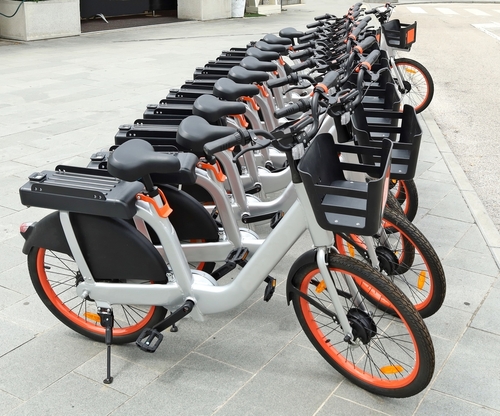
The National Renewable Energy Laboratory (NREL) said Friday it would use re-world data to do in-depth evaluation of emerging transportation modes like e-bikes.
Using an open-source travel data collection application, the Open Platform for Agile Trip Heuristics (OpenPATH), and a multidimensional mobility metric called the Mobility Energy Productivity (MEP) metric, the NREL said it would be able to provide transportation professionals and planners with insight into the sustainability, equitability and efficiency of emerging modes of transportation. NREL demonstrated the integration of these tools by quantifying the impacts of providing e-bikes to low-income essential workers in Colorado.
“Tapping into OpenPATH data from nearly 50,000 trips, MEP calculations showed that several locations in downtown Denver provided time-, cost-, and energy-efficient access to opportunities using e-bikes compared to driving,” said Christopher Hoehne, NREL mobility systems research scientist. “We also found that providing e-bikes to low-income essential workers was meaningful—they used them most frequently to commute to work, although driving was still their most frequent travel mode in general.”
In an article authored by NREL’s Hoehne, Max Hanrahan, K. Shankari, and Venu Garikapati, “Mobility Energy Productivity and Equity: E-Bike Impacts for Low-Income Essential Workers in Denver,” Transportation Research Record: Journal of the Transportation Research Board, researchers said they were able to measure how efficiently a mode of transportation connects people to places.
“Integrating MEP’s modeling capabilities with local mobility data collected via OpenPATH ensures analysis results are locally relevant,” said Shankari, an NREL director’s fellow who developed OpenPATH. “With MEP, we can generalize and expand our data collection results to explore physical infrastructure consideration, such as bike paths, that support alternative transportation modes.”